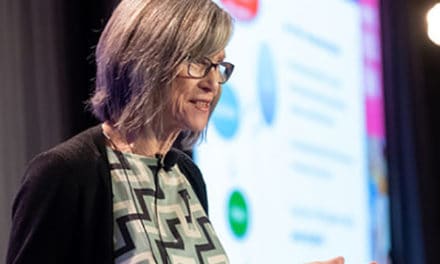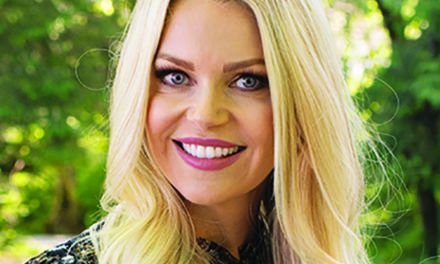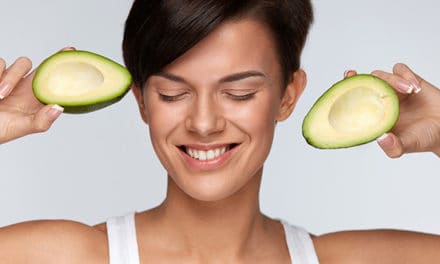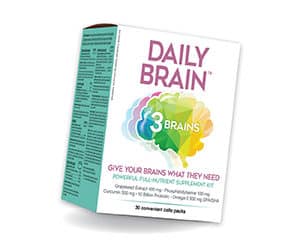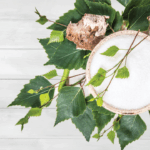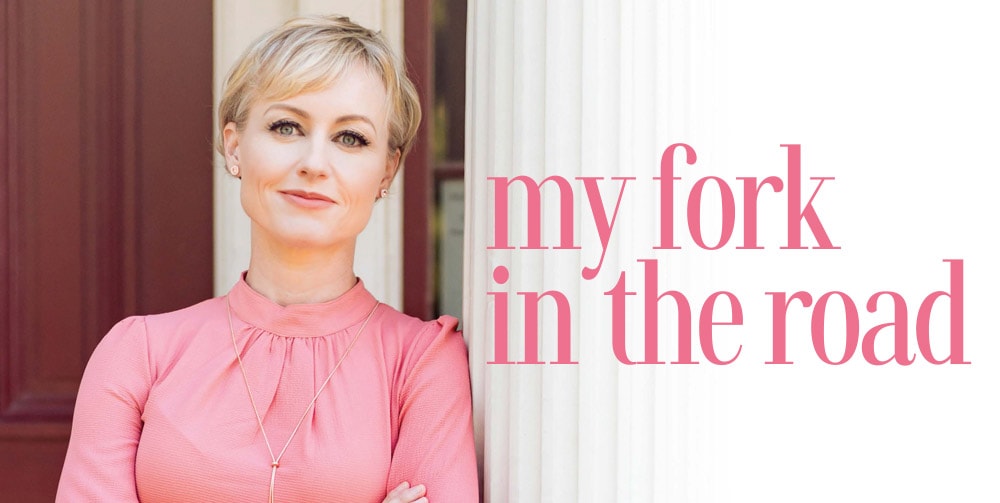
I always knew I would grow up to be a medical doctor. That is, until the day I discovered that I was wrong. In my heart and soul, I had a moment of realization: that my true calling was not to follow the path of conventional medicine, but to become a naturopathic doctor. I could see the many life experiences and circumstances that led me to this fork in my road to career fulfillment. My mom struggled with her weight throughout her life, and this sparked my interest in fitness, and health. I knew I wanted to pursue a career in medicine, following in the footsteps of an older sister, but a few events changed the particular course of my medical career.
In 1993, I travelled to the Caribbean and fell ill with gastrointestinal illness. Upon my return, I sought help from my doctor, who said that there wasn’t much to be done about my symptoms, and I would have to live with it. Although my condition wasn’t severe, my digestion was never the same after that trip, and I was dismayed that I couldn’t get help. Despite this, I entered McMaster University a year later intending to eventually study medicine at its renowned medical school, although that deeply unsatisfactory experience stuck with me.
“After one visit… I knew I had a new career path in medicine. I never looked back.”
As a keen “pre-med” student volunteering in the hospital, including stints in the operating room, I didn’t enjoy the experience and environment nearly as much as I expected. Something was missing for me, and what I experienced gave me more doubts about my career path. Even in my biochemistry classes, I was frustrated to find the discussion of nutrients oddly divorced from the concept of diet. By 1997, I was still struggling with gastrointestinal illness (GI) and questioning why I wanted to be a doctor. A friend suggested seeing a naturopath. I had never heard of this. After one visit, some dietary changes, and a few supplements my three years of GI distress were gone, and I knew I had a new career path in medicine. I never looked back. After graduating from the Canadian College of Naturopathic Medicine in 2002, I completed a two-year residency and spent time on both the Academic and Clinical faculties before leaving to have my first child. On post-maternity leave, I reluctantly left academia behind me. I loved teaching, but the college was too far away from my new home to resume work there. I joined Natural Factors as an educator, which allowed me to fulfill my passion for teaching natural medicine and to maintain a work-life balance.
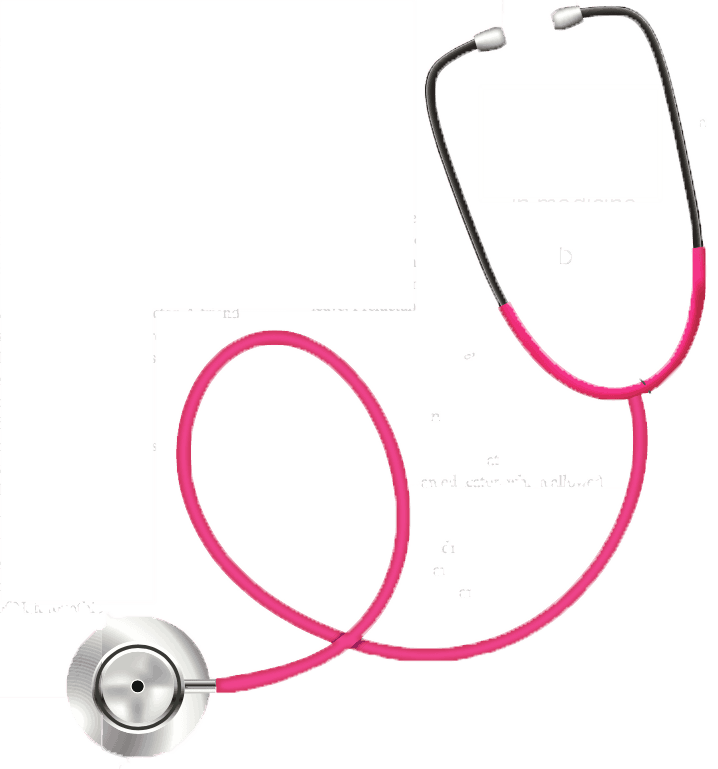 Around 2005, I came across a research article on vitamin K2. I was amazed that there was a vitamin we hadn’t covered in naturopathic medical school. I did a little more digging and realized there was an impressive body of research on this vitamin, and that it had meaningful benefits for many aspects of health, but it was utterly unknown. Having read Weston Price’s seminal work Nutrition and Physical Degeneration about a year earlier, I was convinced that Price had discussed vitamin K2 in his book. I rushed to find my copy, eagerly flipped through it a few times, rechecked the table of contents, the index, and found nothing. I was stumped, and I could not shake the feeling something was missing. Fortunately, I was put out of my torment months later. I came across a brilliant, freshly published article linking vitamin K2 to a mystery nutrient that Price discussed at length in his book, but had identified only as “Activator X.” I was riveted! This was essentially a “new” vitamin that was completely overlooked, yet it had the potential to help many people with many common health conditions.
Around 2005, I came across a research article on vitamin K2. I was amazed that there was a vitamin we hadn’t covered in naturopathic medical school. I did a little more digging and realized there was an impressive body of research on this vitamin, and that it had meaningful benefits for many aspects of health, but it was utterly unknown. Having read Weston Price’s seminal work Nutrition and Physical Degeneration about a year earlier, I was convinced that Price had discussed vitamin K2 in his book. I rushed to find my copy, eagerly flipped through it a few times, rechecked the table of contents, the index, and found nothing. I was stumped, and I could not shake the feeling something was missing. Fortunately, I was put out of my torment months later. I came across a brilliant, freshly published article linking vitamin K2 to a mystery nutrient that Price discussed at length in his book, but had identified only as “Activator X.” I was riveted! This was essentially a “new” vitamin that was completely overlooked, yet it had the potential to help many people with many common health conditions.
Vitamin K2 and the Calcium Paradox
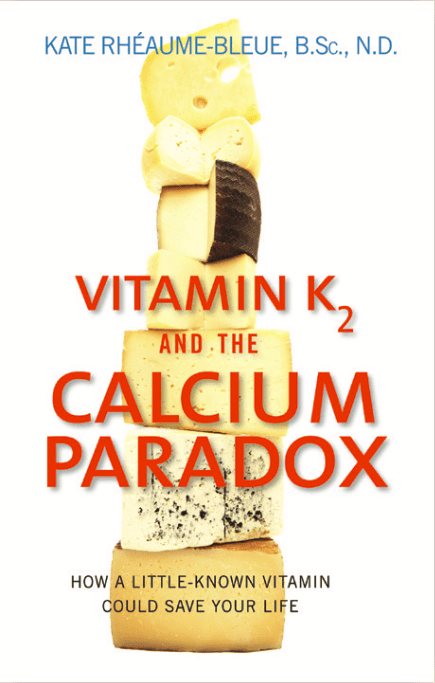 I was eager to learn more about vitamin K2 – but life was busy with my first son, a new career, and marriage. My profession is full of brilliant, on-the-ball people, so I was sure I would hear someone speaking about it at the next professional conference. I attended a few conferences and was disappointed that no one was talking about vitamin K2. Finally, in 2009, a call for speakers came around. I wondered if anyone would be speaking about “my” vitamin at the next conference. A voice in my head said, “Yes, someone will be speaking about it: you.” It honestly surprised me, but I went with it. The presentation I gave at that conference Vitamin K2 and the Calcium Paradox: How a Little-Known Vitamin Could Save Your Life, published in 2013. The English language edition has sold well over 100,000 copies and is currently in its twentieth printing, and translated into six languages.
I was eager to learn more about vitamin K2 – but life was busy with my first son, a new career, and marriage. My profession is full of brilliant, on-the-ball people, so I was sure I would hear someone speaking about it at the next professional conference. I attended a few conferences and was disappointed that no one was talking about vitamin K2. Finally, in 2009, a call for speakers came around. I wondered if anyone would be speaking about “my” vitamin at the next conference. A voice in my head said, “Yes, someone will be speaking about it: you.” It honestly surprised me, but I went with it. The presentation I gave at that conference Vitamin K2 and the Calcium Paradox: How a Little-Known Vitamin Could Save Your Life, published in 2013. The English language edition has sold well over 100,000 copies and is currently in its twentieth printing, and translated into six languages.
Writing my first book was a special time. I was immersed in a project that was fascinating to me, plus I got to spend more time with my dad. At 86, he was well into the mid-stages of Alzheimer’s, but was still living at home with my mom, and on the waitlist for assisted living. My mother went to visit family in England, partly for a respite, so I took time off work to write, and be near my dad. I would plug away in the office as my dad came and went into the house, stopping in to ask me, repeatedly, what I was doing. It made me happy every time he asked, and, without fail, he seemed pleased and proud whenever I told him I was writing a book. He was an academic type by nature, with a lifelong habit of pulling out the encyclopedia to learn more about something that had come up in conversation. There is no doubt I inherited my interest in science and medicine from him.
My dad died in 2017 at the age of 91, and from where I sit today, it is clear that he brought me to a new and important fork in the road: a freshly kindled and passionate interest in how to achieve healthy longevity. I did learn personally that Alzheimer’s is indeed the “long goodbye.” During this journey, I became genuinely interested in what I could do to prevent the disease from eventually robbing me of the last years of my life. I also became intrigued by longevity. I am blessed to have a long life run in the family on both sides. My maternal and paternal grandparents, aunts, and uncles all lived into their 90s. Despite this, I don’t take long life for granted. In fact, it has made me more interested in how I could even beat the family record, because I feel like, genetically at least, I have a decent shot at living to 100. On my mother’s side, all the women lived (or are still living) well into their tenth decade of life, with reasonably good health and compos mentis (mental faculties intact). Goof physical health also prevailed late in life on my dad’s side. However, dementia tends to set in the 80s and even 70s. So, keeping my brain healthy long term also motivates much of my lifestyle, since I know the time to be thinking about it is now.
“My dad died in 2017… I did learn personally that Alzheimer’s is indeed the ‘long goodbye.’
This interest in lifespan and healthspan has guided me to my current work in progress, an as-of-yet-untitled book on longevity science. The fact that we now have meaningful ways to measure biological age, and lower it, means the time is right for a brief, practical guide on how to do so. We are also in a new era of discovering the wonders of the endocannabinoid system, which has great potential to heal stress, chronic pain, and other ailments that affect well-being in the short and long term. Beyond cannabis, many plants can activate this system, with wonderful healing potential. My path has been full of twists, turns, and new avenues ventured down. Things change. Scientific discovery marches on. Throughout life we are each presented with unique opportunities that offer us unexpected ways to engage and contribute during our time on this earth. I’m enjoying the choices I’m making, and I can’t help but ask: What will be “your” fork in the road? Hopefully, as I did, you will recognize it when it’s in front of you.
My Daily Wellness Solutions – Supplements I take every day!
-
1. WomenSense® AdrenaSense®
First thing in the morning… it’s my get up and go to support my active lifestyle.
-
2. Sea-licious®
For skin, hair, brain, eyes, mood… everything! 1 tsp daily (summer), 2 tsp (winter), or a little more if my skin seems dry.
-
3. CurcuminRichTM Theracurmin®
Because inflammation is at the heart of so many health concerns. Curcumin has at least 10 known-neuroprotective actions and Theracurmin has shown long-term benefits for mood and memory. I take one double-strength capsule twice daily.
-
4. BioCoenzymated Active B Complex
I’ve had the genetic test that shows I don’t efficiently metabolize B vitamins so the active complex is a health game-changer for me.
-
5. Magnesium Citrate
150 mg at bedtime every night for a peaceful night’s sleep.


